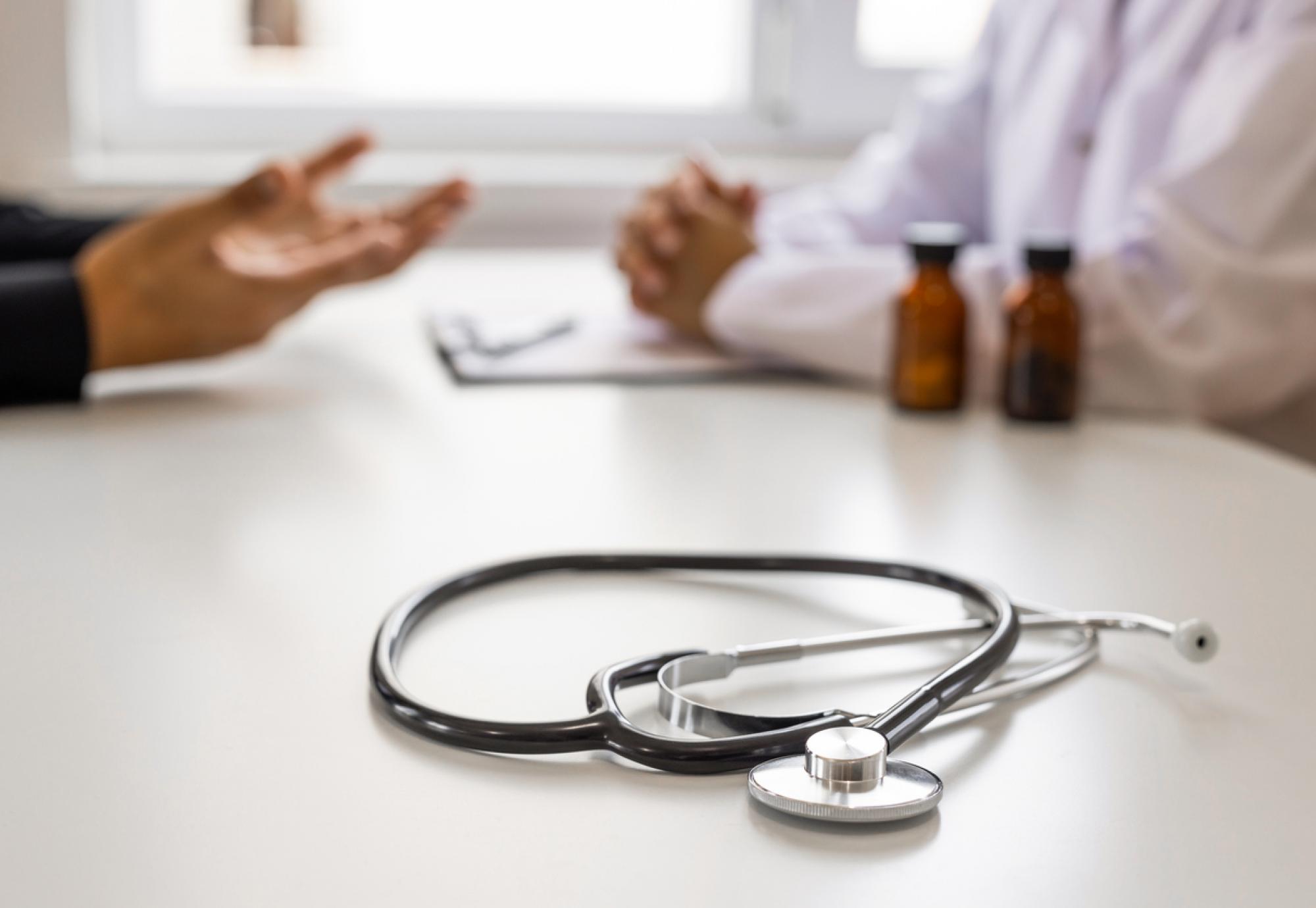NHS England has launched a new cancer awareness campaign this week as health leaders continue to encourage patients to get checked earlier.
A double-decker bus adorned with “striking” messaging about cancer will travel from Grimsby through to Coventry, Nottingham and Basildon before finishing in Portsmouth. The 450-mile roundtrip will feature areas which are among the lowest in cancer diagnosis.
The launch coincides with new survey data that shows more than two in five people would not book an appointment with a GP if they noticed a symptom that could be cancer.
Of 2,000 adults, the survey also showed that a quarter would wait to see if the symptom got better on its own or just ignore it.
These campaigns have already led to more people than ever getting tested – GPs referred more than 257,000 people for checks in September, which is around 62,000 more compared to the same month pre-Covid-19.
In the last year, almost three million potentially life-saving checks have been delivered by the NHS – over 600,000 more than in the same period before the pandemic.
Early diagnosis saves lives.
— NHS England (@NHSEngland) November 25, 2023
Next week, a double-decker bus will be touring the country to raise awareness of the signs and symptoms of cancer, encouraging people to visit their GP if they’re worried.
📷: @PA pic.twitter.com/9dpAsknqgc
NHS England’s national cancer director, Dame Cally Palmer, said: “Our eye-catching NHS cancer bus is back touring the country to help raise awareness of cancer symptoms, and get people talking about their health, with teams of experts on hand to answer any questions.
“While signs and symptoms vary for different cancers, there are common symptoms such as unexplained pain or discomfort for three weeks or more, an unexplained lump anywhere on the body or unexpected bleeding, and anyone experiencing any of these should not put off seeing their GP.”
Once complete, the bus will operate a normal service in Portsmouth until the end of the year, with its cancer messaging still intact.
Head information nurse at Cancer Research UK, Martin Ledwick, explained: “The number of people in the UK diagnosed with cancer is set to rise by a third by 2040, and campaigns like this can help people get diagnosed with cancer at an earlier stage when treatment is more likely to be successful.”
He continued: “There are over 200 types of cancer with lots of different possible symptoms. If you notice something that isn’t normal for you or isn’t going away, it’s important to speak to your doctor. It probably won’t be cancer. But if it is, spotting it early can make a real difference.”
Image credit: iStock



















